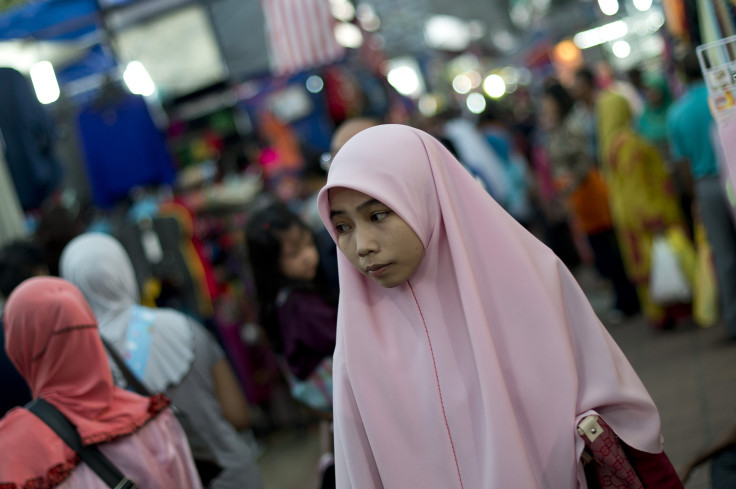Hijab House Muslim Controversy: Australian Police Mistake Clothes For Islamic Flags At Fashion Shoot

Australian police targeted a photo shoot of a fashion company that makes hijabs, the head scarf typically worn by observant Muslim women, mistaking their hijabs and matching outfits for “Islamic flags.” About five officers interrupted a photo shoot outside of an army base near Sydney Monday, and the owner of the fashion company, Hijab House, said his shoot was targeted because the models were wearing hijabs, according to the Daily Mail.
“I'm still baffled by how the police could have mistaken ordinary looking garments for flags,” Hijab House owner Tarik Houchar said, according to the Daily Mail. “I’m saddened by it all.”
Based in the suburbs near Sydney, Hijab House was founded in 2011 and designs clothes that appeal to a wide audience but also only expose the face, hands and feet. Police said officers did approach the photo shoot team and removed a group of garments from a fence where they were hanging.
“Their details were taken and inquiries were made,” police said in a statement to the Daily Mail. “Police left the area and it is believed the parties remained in the area. No further action was taken.”
When asked why police were questioning those at the shoot, one of the officers allegedly said it was because of “things happening overseas.” A bus driver who reportedly filmed the interaction said the people at the photo shoot weren’t doing anything wrong and that they were being judged for wearing hijabs, according to the Australian.
Australia is no stranger to Islamophobia. In April, hundreds of Australians took to the streets in various cities protesting what they saw as the rise of Islam in their country, according to Al Jazeera. Protesters walked with signs that read “No More Mosques” and “Islam is an Enemy of the West.”
Swoop baffles model Muslims https://t.co/8RBSpM2Br6 Great follow up by the remarkable @jennineak pic.twitter.com/hmFXMUoj10
— Gina Rushton (@ginarush) November 3, 2015Protest organizers said the rallies were about Islam’s cultural values and not about race. Protesters raised concerns over Muslim women wearing face coverings in public, which they said could be considered a security threat.
© Copyright IBTimes 2024. All rights reserved.




















